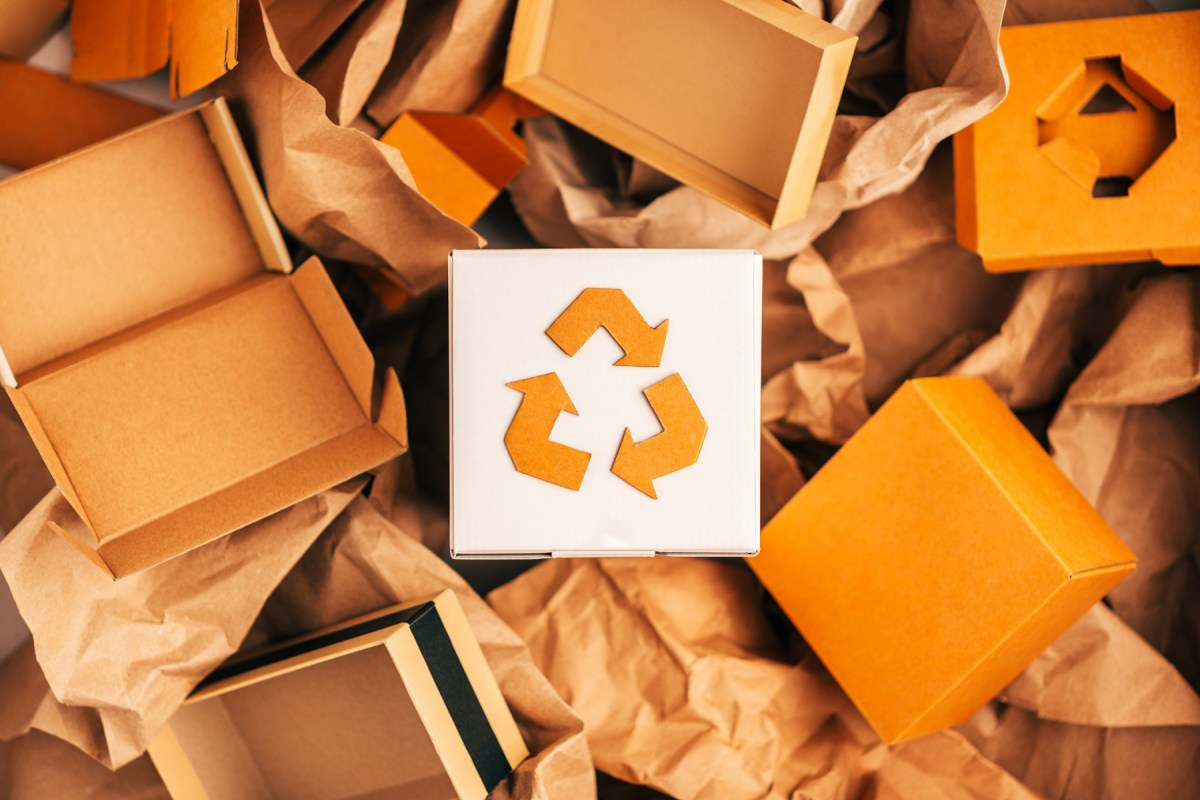Amid a global pandemic, it’s easy to forget about a previous crisis that Australia was dealing with, and is still dealing with, prior to the arrival of COVID-19. In 2018, the global waste and recycling trade was thrown into chaos by the China Sword policy, which restricted the importation of 24 categories of solid waste and limited contamination levels to 0.5 per cent – a chaos which Australia was totally unprepared for which resulted in a lot of recycling either being stockpiled or being sent to landfill.
Three years on from this, with the challenges and changing situation caused by COVID-19 adding to the problem, the recycling industry issues have barely been addressed. A report by the Australian Packaging Covenant Organisation (APCO) found that the current Government funded recycling upgrades will allow Australia to recycle only 36% of plastics annually by 2025, far short of the federal government’s target of 70%.
Also, according to APCO, an estimated 45% of packaging was disposed of in landfill in 2019- 20, representing a loss of resources valued at approximately $360 million. An additional 1.9 million tonnes of greenhouse gas emissions could have been avoided if this material had been recycled instead of being landfilled.
After the China Sword policy came into effect, in 2018 the Australian Government announced that by 2025 or earlier, 100% of all Australia’s packaging will be reusable, recyclable or compostable; 70% of Australia’s plastic packaging will be recycled or composted; 30% average recycled content will be included across all packaging; and problematic and unnecessary single-use plastic packaging will be phased out through design, innovation or introduction of alternatives.
Though most Australian states bar NSW have enacted a ban on lightweight plastic bags, with other types of single-use plastics to follow, the legislation isn’t keeping up fast enough with the substantial volume of plastic waste currently being generated. Packaging placed on the market increased by 813,000 tonnes from 2017-18 to 2019-20.
According to the World Health Organisation, tens of thousands of tonnes of excess medical plastic waste generated by COVID-19 is threatening to overwhelm already strained waste systems around the world, threatening both human and environmental health.
Businesses, consumers and governments are more engaged in packaging sustainability than ever before with innovative businesses doing their part to propose new solutions and advocate for clean, zero-waste packaging substitutes. Innovative examples include Hero Packaging’s completely compostable mailer bags, which are used by brands such as Cue, Beginning Boutique and Ripcurl, helping keep more unnecessary plastic out of the environment. In 2021, P&G redesigned their packaging for its Gillette range of grooming products from plastic blister packs to cardboard cartons, which makes the packaging 100% recyclable, and the products are manufactured with 30-50% recycled material. This innovation is equivalent to eliminating around 584,000 1.5 litre plastic bottles – that’s a lot of plastic that has been eliminated.
Natures Organics have also been innovative when designing their Cove range of cleaning products which includes a reusable aluminium bottle and concentrated recyclable refill packs. Their innovative design uses 80% less plastic than a conventional bottle and with the small size of their concentrated refill bottle, it also improves transport efficiency by reducing size and weight.
The Australian Dairy industry is also doing their part with dairy manufacturers committing to including the highest possible proportion of recycled content in their packaging. They’re aiming to deliver an average of 50% recycled content across all packaging formats used by the dairy products industry.
Whilst there are many businesses doing their part to meet the 2025 National Packaging Targets, there is unfortunately still a long way to go. There’s only three years left to meet the government’s targets and at the current rate most of the targets won’t be achieved unless some changes are made now. There’s no more time to wait.
For businesses, especially retailers, implementing sustainable practices is good for business. By integrating sustainability into core business activities such as product design and procurement, businesses can achieve a range of benefits. These include improved reputation, market competitiveness by meeting customer or consumer expectations for responsible packaging, cost savings from more efficient packaging and transport logistics and avoiding negative publicity associated with packaging that is perceived to be ecologically damaging. Not to mention it’s good for the environment.
Anaita Sarkar and Vik Davé are co-founders of Hero Packaging.

